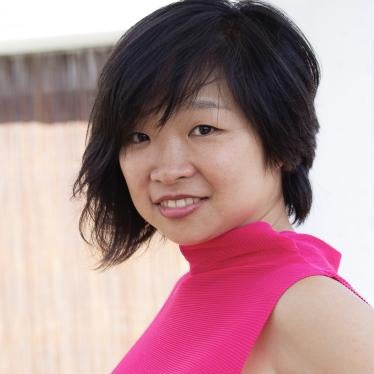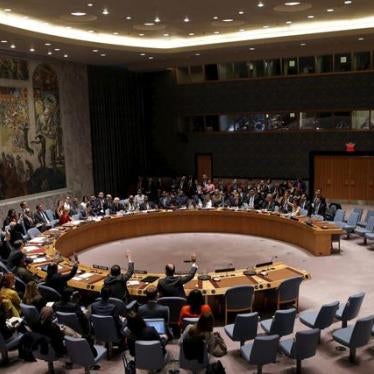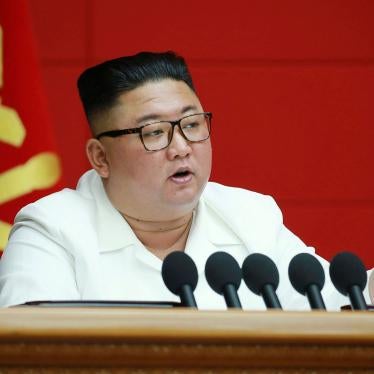North Korean athletes who took selfies with their South Korean and Chinese counterparts at the 2024 Paris Olympic Games are reportedly facing intense scrutiny and possible punishment upon their return home. In North Korea, even an innocent selfie can have stark implications, given the government’s strict ideological controls and repression.
While the athletes’ selfies were celebrated by many as a sign of unity and sportsmanship, the government’s response to them highlights the harsh realities of North Korea’s oppressive system. The government severely restricts information, dictates what people can read, watch, and discuss, and only allows a few high-ranking officials to access the internet. Unauthorized communication with outsiders is heavily punished.
In March, Human Rights Watch documented how, since 2020, North Korean authorities banned language associated with South Korean culture and imposed new laws further restricting access to unsanctioned information. Last year, a newspaper with contacts inside North Korea reported that a group of North Korean youth athletes received sentences of three to five years’ forced labor for using South Korean slang.
The scrutiny athletes face upon returning from international events demonstrates the North Korean government’s efforts to control behavior beyond its borders. Diplomats, students, and workers abroad have also faced stringent oversight. Five former government officials and two men who worked overseas told me after escaping North Korea that anyone allowed to go overseas undergoes rigorous ideological training, constant monitoring while abroad, and exhaustive evaluations upon return. Even minor deviations from approved conduct are scrutinized, and any signs of outside ideological influence can result in severe unspecified consequences.
The International Olympic Committee (IOC), the authority over the Olympic Games, has a responsibility to protect athletes from all forms of harassment and abuse, as set out in the Olympic Charter. North Korean athletes should not fear retribution for actions at the Games, not least when their actions embody the values of respect and friendship, on which the Olympic Movement is built.
As we witness these rare moments of international connection, governments around the world should back efforts to hold the North Korean government accountable for its horrific rights violations. The IOC needs to use its influence to help protect these athletes and should not encourage participation by repressive states that do not ensure the safety of those participating.










